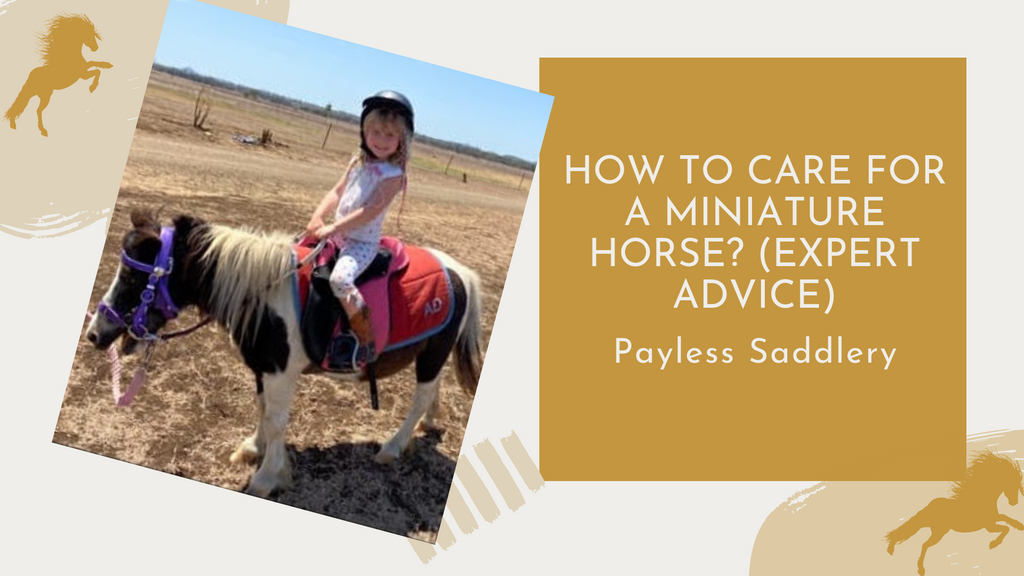

Do You Know About Miniature Horses?
Miniature horses are not ponies. If you are an expert, you are certainly not a stranger to the fact that miniature horses are horses. Agreed, both ponies and these pygmy horses are little.
However, there’s a world of difference between the two breeds. Wondering what is a pygmy horse? Well, just another name for a miniature horse.
Believe it or not, but having the little breed as a new addition to your stable is no less than a delightful experience. Miniature horses are friendly, impeccably easier to train, sublime in nature, and truly affectionate.
Here’s the cherry on the cake - these horses display a perfect combination of intelligence, wit, and curiosity. No wonder, they turn out as great performers.
Now here’s a piece of information that will help you by large. Particularly, if you are looking to invest a few big bucks in a miniature horse. Pygmy horses and dwarf horses are not the same.
If you are new and inexperienced about horses, it is easy to be fooled. So, are you curious to learn about the differences between the two?
How Are Miniature Horses Different From Dwarf Horses And Ponies?
Little did you know but miniatures are an expensive buy. Pretty much similar to a well-built full-grown horse. Wondering how much you will be shelling out for a miniature horse?
The figures could be anywhere between $1000 to $200,000. Taken by surprise? Well, remember reading the line ‘Miniature horses are horses?’
The difference in price depends on factors like the breed of the horse, size, conformation, records, if any, and others. Better the class, the higher the price.
Well, our subject of discussion was the difference between the upscale breed and a dwarf horse. Although both breeds look adorable and cute, there’s a major difference between the two.
Conformity is a prime attribute of miniature horses. The breeds are usually small, not more than 38 inches. However, they are just as agile and brawny as regular horses.
Here’s what might surprise you by leaps and bounds. A good breed miniature can carry weights as heavy as four times their own body weight.
In a nutshell, confirmation of miniature horses, their temperament, and excellent disposition makes the breed a ritzy buy.
Dwarfs, on the other hand, showcase irregularity in conformation. Dwarfism is a serious genetic problem.
The body and structure of these horses are disproportional. Moreover, other health issues keep popping up. Respiratory disorders, metabolic irregularities, problems related to digestion, and so on so forth.
Then there are the ponies. These breeds are not deformed in any way. Some of the most notable features of a pony include their wide barrels, thickset neck, manes, thicker coats, and plush tails.
If you know even a little about ponies, you have certainly picked up on names like Hackney and Shetland. Do you know what is the most fascinating feature of a pony?
Ponies are so much stockier and fit as a fiddle, compared to regular horses.
Let us now read about some worthy ways to maintain and caress breeds like miniature horses.
How To Tend And Look After A Miniature Horse?
Miniature horses are endearing in all possible ways. They are lovable, small, friendly, come in a variety of coat colors, swift, and everything good. No wonder, miniature horses make excellent pets.
Did you know that breed is even reckoned therapeutic? Well, pygmy horses tend to be great companions to the disabled and blind. Isn’t that wonderful? Well, as fun and delightful as they are, the small little animal needs care, love, and attention, just the same as a regular horse.
Of course, they take up less space to graze around and are the best bets if your stable and outdoor area is restricted. Guess what?
A good one acre of grass and pasture work wonders for as many as two to three min-horses. Now here’s sharing a few tips and showing you the ropes of how to take care of a miniature horse in the best way possible.
1. Pasture is key
If there’s anyone thing that keeps the digestive system of a miniature horse on a roll, it is a green pasture. There is no plausible alternative that works better. A horse is an outdoor animal.
You must ensure that your pet has enough room to graze around, roam, take a sprint maybe and exercise out on a field. Bear in mind, a miniature horse is still a horse and not a dog.
Petting the mini-horse in a small space is a big ‘NO.’ If the pastures outdoors are not as lush and big, it is still okay. Miniature horses suffice well on pastures, regardless of the grass being big or trimmed.
How Does Feeding On Pasture Help?
- Keeps your adorable little pet safe from digestive illness
- Ensure looser stools and keep a check on the metabolism and digestive circle of the mini horse.
2. Companions for the friendly -
Okay, so we have read over and over again that miniature horses are amazingly friendly and are tremendously receptive to human interaction. Calling them the social butterflies of the animal kingdom wouldn’t be incorrect, right?
Well, to keep your mini-horses in their best mood and clear from depression, please make sure that your horse has other pets to mingle with. Ideally, the ones who pet miniature horses have other horses available in their stables.
However, if maintaining another horse seems like a herculean task, there is a good way to fix it. Pet animals like dogs, donkeys, sheep, or goats even. The objective is to never let your miniature horse stay alone.
The perk:
- Your horse will never be grumpy
- Horses can slip into depression in the bat of an eyelid. Having companions and other animals as pets will always keep your pygmy jovial.
3. Groom The Mini Horse -
If you are someone with sound knowledge about horses, you are most certainly aware that grooming is a necessity. Whether the miniature your pet is a show horse or not, don’t you think that every living creature has the right to look beautiful?
Don’t you forget - the thick, lush coat, tail and the mane of a miniature horse is some of the most enthralling features of the breed? Keeping them shiny and spruced up is a must. Comb the hairs of a miniature. Combing is a great trick actually.
It ensures that the natural oils of the horse’s body are evenly distributed. A few mindful steps like keeping the coat of a miniature clean will ensure that the coat is shiny and soft. The tail and mane are free from tangles.
Bathing certainly springs up as the first option, when it comes to keeping a miniature spic and span. Well, mini horses shouldn’t be bathed too frequently. It takes off the natural oils. What you can do though, is spray some fly repellents to keep the flies at bay.
What's a Good in Miniature Horse?
- Grooming not just beautifies your miniature. It paves the way for a special bond and connection between you and your pet.
4. Nurse The Hooves -
If there’s anything that is categorized as key essentials in horse care, it has to be taking care of the hooves. Hooves are like your pet’s shoes. Start by trimming off the horse’s hooves at a young age.
This ensures balance and your mini horse can run, walk, or sprint away without any conformational problems. If you are not sure about the ways to trim or manage your pet’s hooves, relax.
There’s an abundance of services available. Opt for a farrier who’s an expert in dealing with miniature horses and their hooves. You are good to go!
The Good:
- Ill maintained hooves can cause bigger problems in the long run. By trimming hooves frequently, you can keep your miniature healthy.
5. Keep an eye on the pearly whites -
Dental hygiene is crucial for horses too. Keeping up with routine dental checkups is always a great idea. Start doing the same for your mini-horse from an early age.
It helps you track down popping dental issues, if any, treat them at the earliest, and keep your horse from bearing the brunt of serious dental problems.
What’s the benefit of Miniature Horse?
Well, forget the benefits. If you own a miniature horse, it is your responsibility to ensure the well-being of your pet. Proper dental care is a mandatory part of the maintenance and grooming.
Common Health Disorders in Miniature Horses:
Minis make great pets. Their endurance, agility, and amiability are hands-down praiseworthy. However, it is necessary to keep a watch on your pet’s health.
No grooming or maintenance is worth a dime if you are unable to take note of what’s disturbing your miniature horse’s health. Some of the common problems include:
- Obesity
- Depression
- Dental Problems
- Colic
- Locked Stifle
- Painful Birth or Dystocia
- Dwarfism
- Cushing’s Disease and others.
Keep tabs on your horse’s health.
Nutrition & Diet - Added Info:
Much has been explained about miniature horses and their fetish for pastures. As much as they love chewing down greens from the backyard, it is also a good idea to feed your horse some quality forage or grains.
After all, grains are a good mix of essential vitamins, proteins, and minerals. Keeping eye on the quality of hay your horse feeds on is a good initiative.
While good quality grass-like alfalfa-grass is a great resource of essential nutrients, second-cutting hay is a good alternative too. Looking for some nutritional supplements for your mini-horse? Try giving them flax seeds, corn oil, and flaxseed oil for instance.
Last but not the least; clean water is a ‘MUST.’ Miniature horses must consume a minimum of 5 gallons of fresh and clean water every day.
The water must not be too hot or too cold. Keeping the temperature of the water in check is a good idea. Anywhere between 45 F to 65 F is ideal for the horse to drink.
Tip:
Miniatures are prone to develop colic since pastures can be replete with toxic foreign particles. To keep your mini horse healthy and in a good shape, watch their diet. Also, ensure proper vaccination to keep issues like deworming and equine diseases at bay.


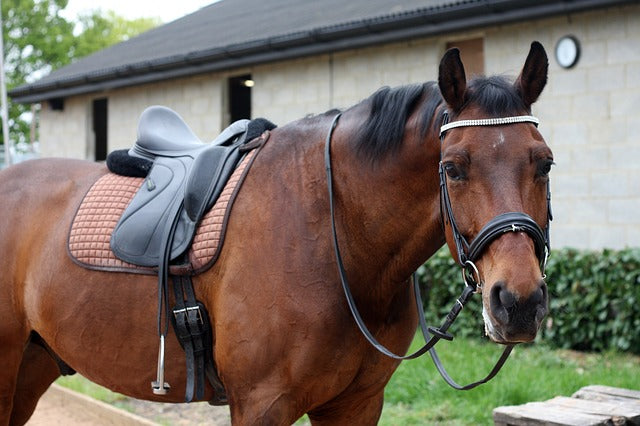
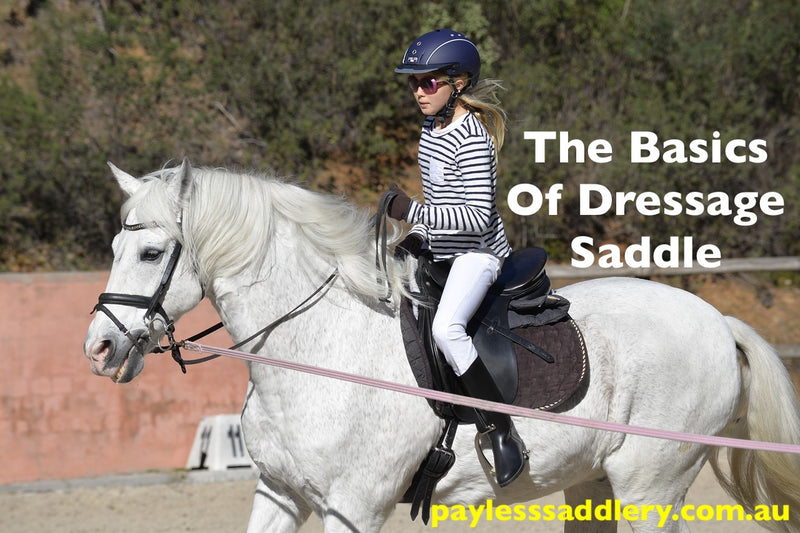
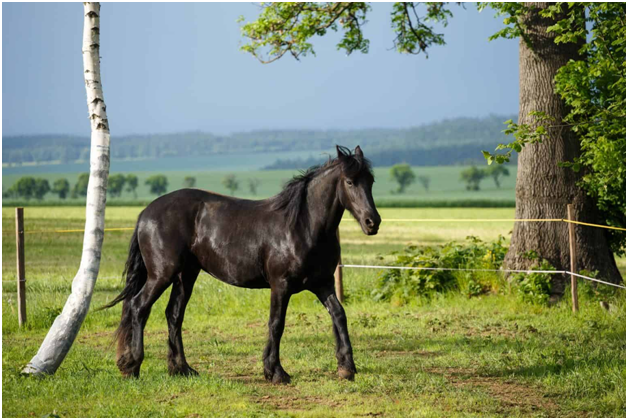
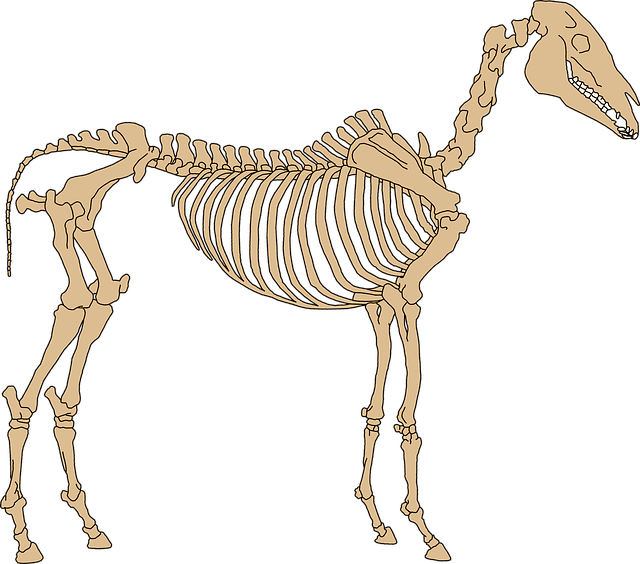
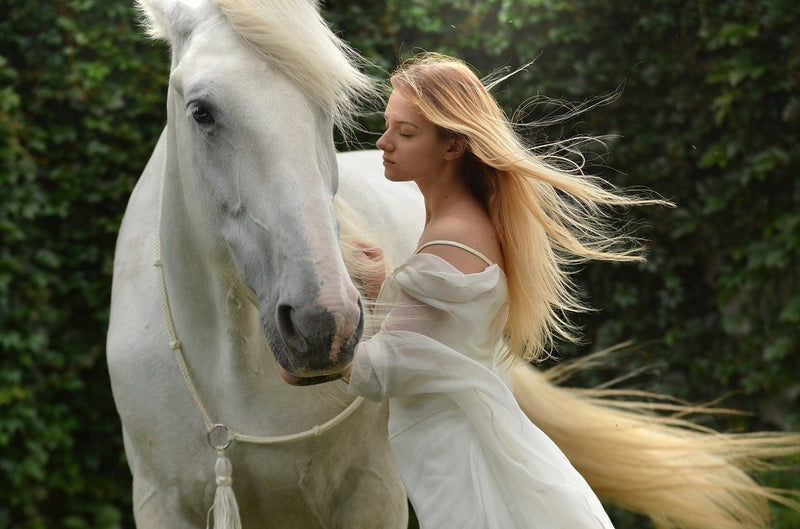
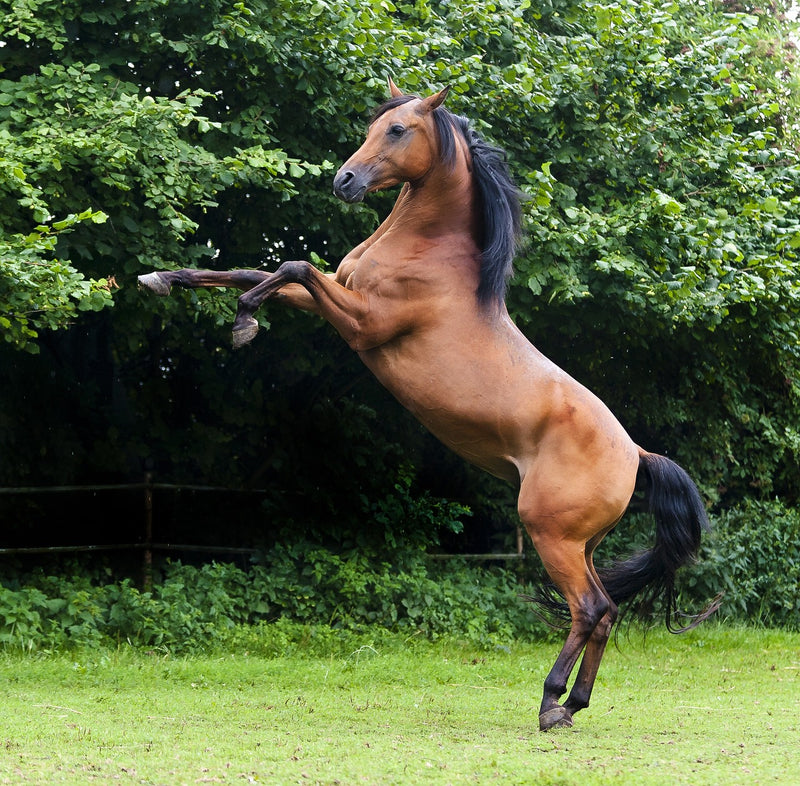
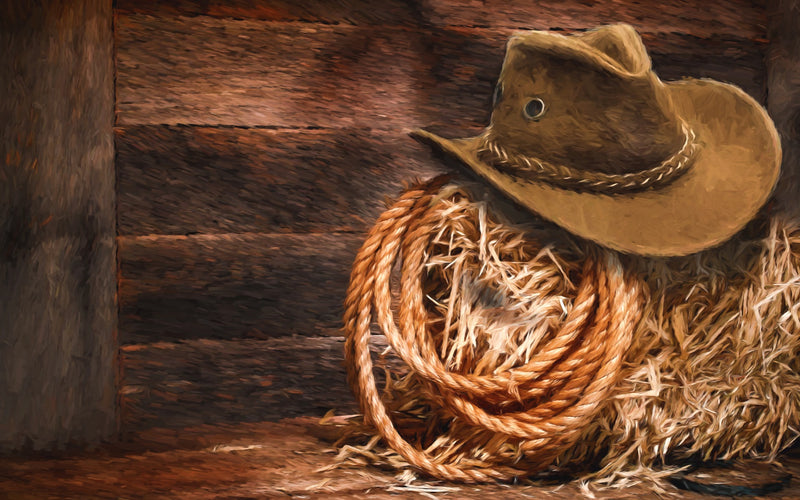

pyhZWatHorT
OifAcUPyWQ
mIouvCqPxcsn
icsVkhZxON
CSWVAEynfgIJsK
WbFOvgKEPNC
nkKILblRXoYOhBam
CrWsfgeoGw
riIWnmtBSHFZ
BQwoGUiOX